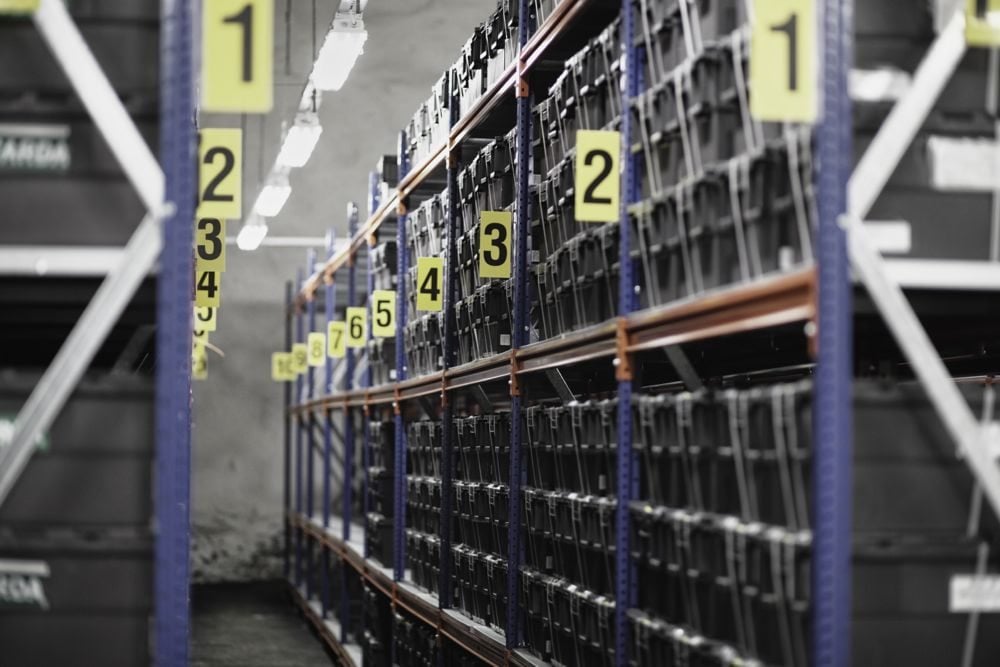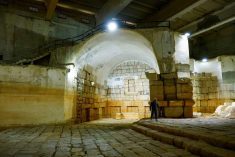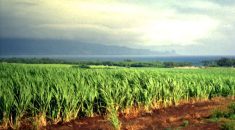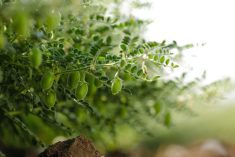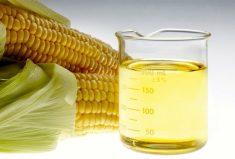Oslo | Reuters — Norway plans to spend 100 million Norwegian crowns (C$16.1 million) to upgrade a doomsday seed vault on an Arctic island built 10 years ago to protect the world’s food supplies, the government said on Friday.
The Svalbard Global Seed Vault is meant as a natural deep freeze to back up the world’s gene banks in case of disasters ranging from nuclear war to global warming. It has about 900,000 seed samples.
The revamp would cover “construction of a new, concrete-built access tunnel, as well as a service building to house emergency power and refrigerating units and other electrical equipment that emits heat through the tunnel,” the agriculture ministry said in a statement.
Read Also
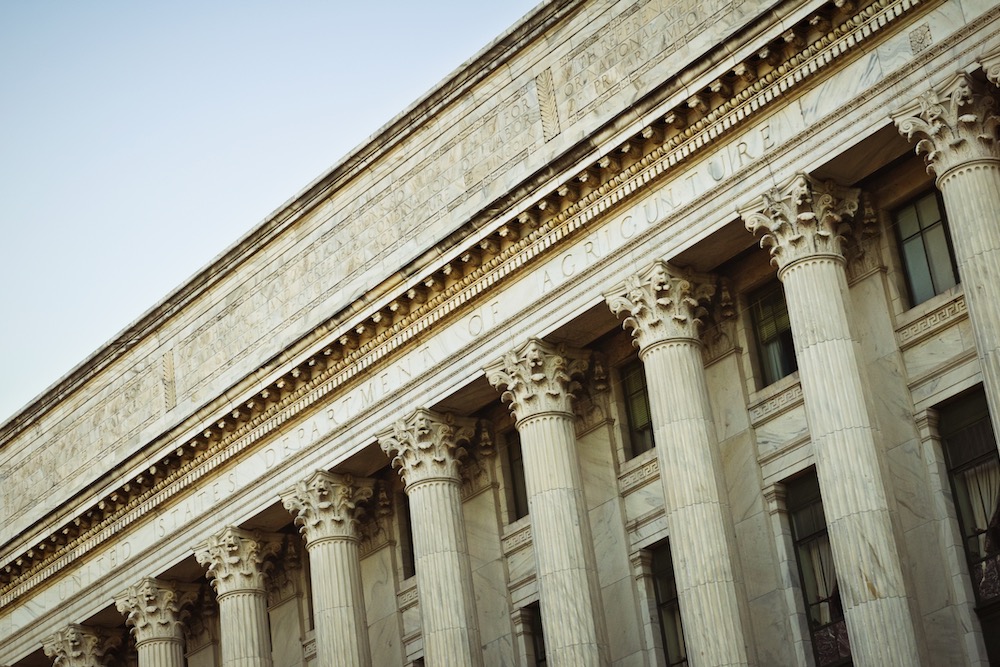
USDA defends $12 billion subsidy amid farm economy challenges
As the U.S. Department of Agriculture prepares to dole out $12 billion (C$16.4 billion) in government subsidies next week, officials and economists at the agency’s annual forum near Washington defended the assistance as a necessary measure to prevent more farmers from financial ruin.
An unexpected thaw of permafrost meant some water flowed into the entrance of the tunnel to the vault in late 2016. A decade ago, Norway said that it had cost US$9 million to build the facility.
In 2015, researchers made a first withdrawal from the vault after Syria’s civil war damaged a seed bank near the Syrian city of Aleppo. The seeds were grown and re-deposited at the Svalbard vault last year.
“This demonstrates that the seed vault is a worldwide insurance for food supply for future generations,” Agriculture Minister Jon Georg Dale said in a statement.
— Reporting for Reuters by Alister Doyle.

